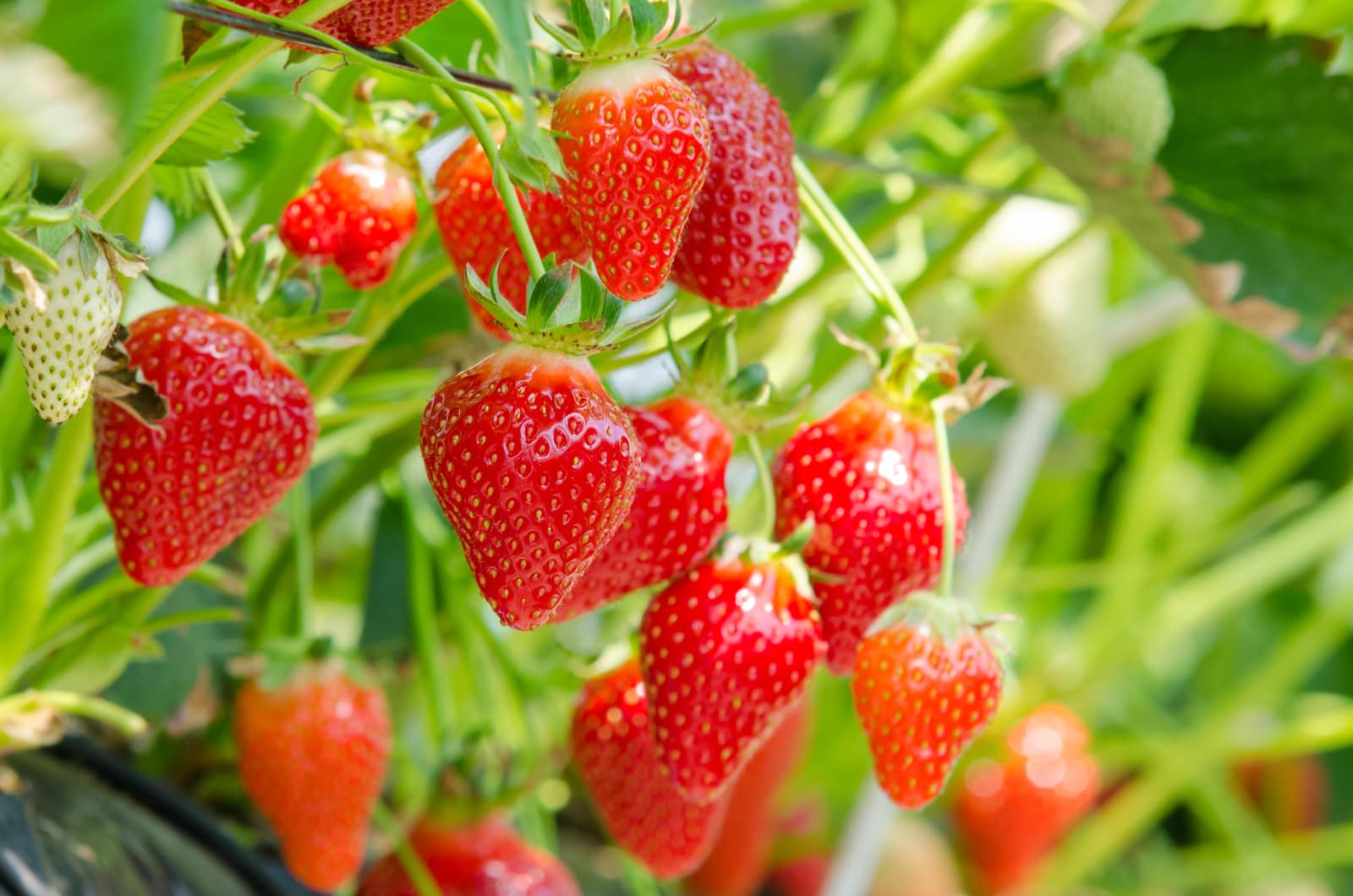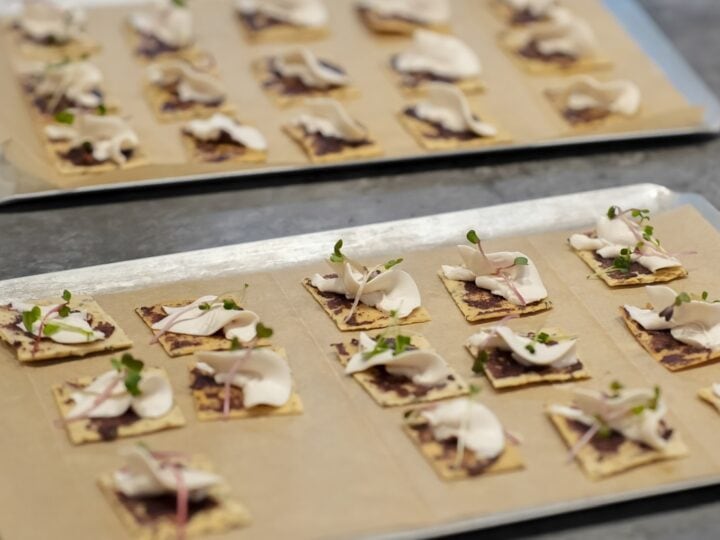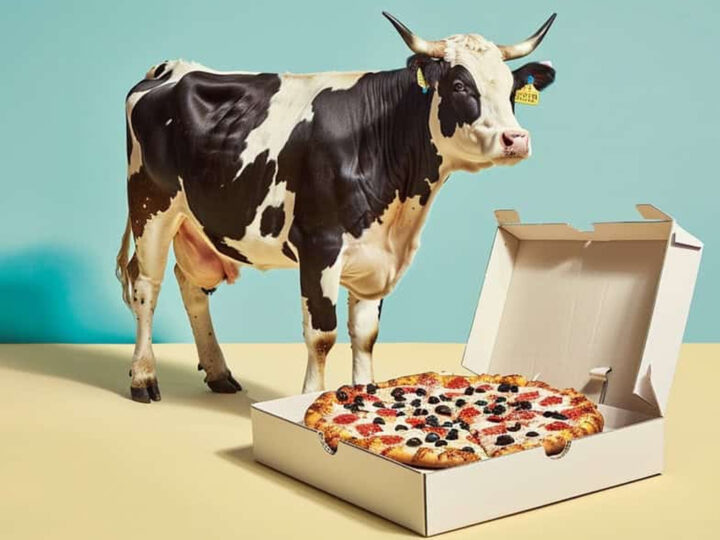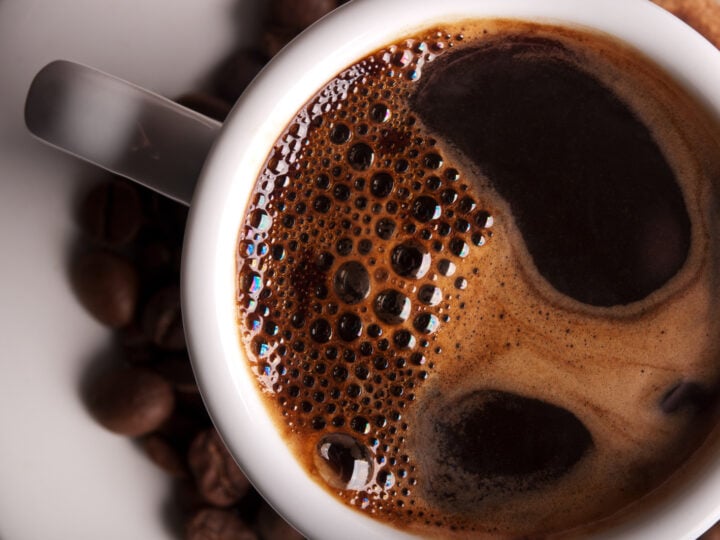The shelf life of strawberries can be extended by 15 days by coating them with edible nanoparticles that protect against fungi and bacteria.
This discovery is the result of research by Belal Abu Salha, a PhD student at Bar-Ilan University, whose family owns a strawberry farm.
“I used sonication, a process of applying an ultrasound energy in a liquid, to develop nano-coated particles from chitosan… a natural substance derived from polymers such as chitin, polysaccharides and proteins,” explains Abu Salha.
“[Sonication] allows the chitosan particles to embed into the surface of the fruit and coat it quickly and efficiently, and the coating significantly decreases the damage to the fruit caused by fungi and bacteria,” he adds.
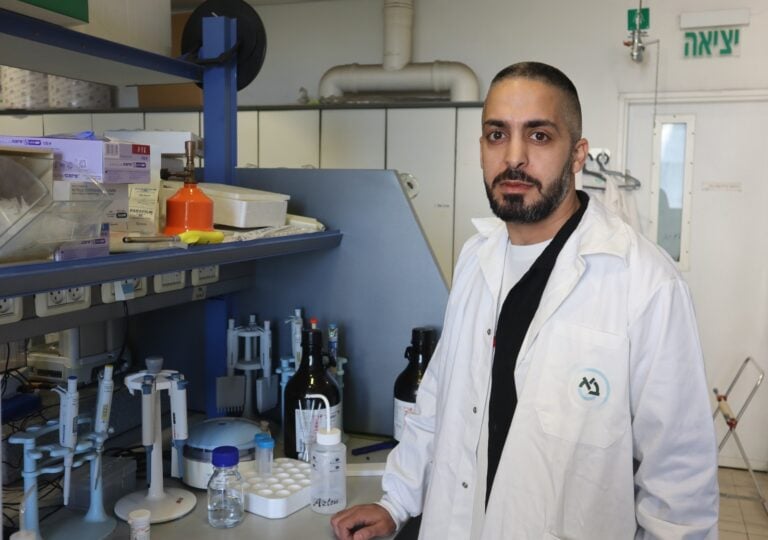
Abu Salha’s discovery could not only impact his own family’s strawberry business, but also introduce innovative green chemistry to the food preservation industry: the sonication process could be a safe and environmentally friendly substitute for existing preservation methods, since chitosan is biodegradable.
Bar-Ilan University’s Professor Aharon Gedanken, who developed the sonication method applied in the study and advised Abu Salha’s research, elaborates on the technology.
“When you bombard a liquid solution with high-frequency soundwaves, in a process called ultra-sonication, the solution swirls rapidly and masses of microscopic bubbles are formed that collapse into themselves,” he explains.
“When the collapse occurs near a solid surface, like a strawberry or even a millimeter grain of material, liquid streams move to the surface of the solid at a very high speed and toss the particles from the solution onto the surface at enormous speeds,” Gedanken continues.
“The particles are embedded in the solid and cannot be removed, even by washing it. In this way it’s possible to assign a solid with properties it didn’t have in the first place – antibacterial properties or resistance properties, for example. This is how antibacterial substances can be embedded in fruits and vegetables or any other material.”
Gedanken’s sonication technology’s viability extends beyond food preservation; it serves as the technological basis for Sonovia, a green-tech startup which uses sonication as part of an innovative indigo dyeing process.




